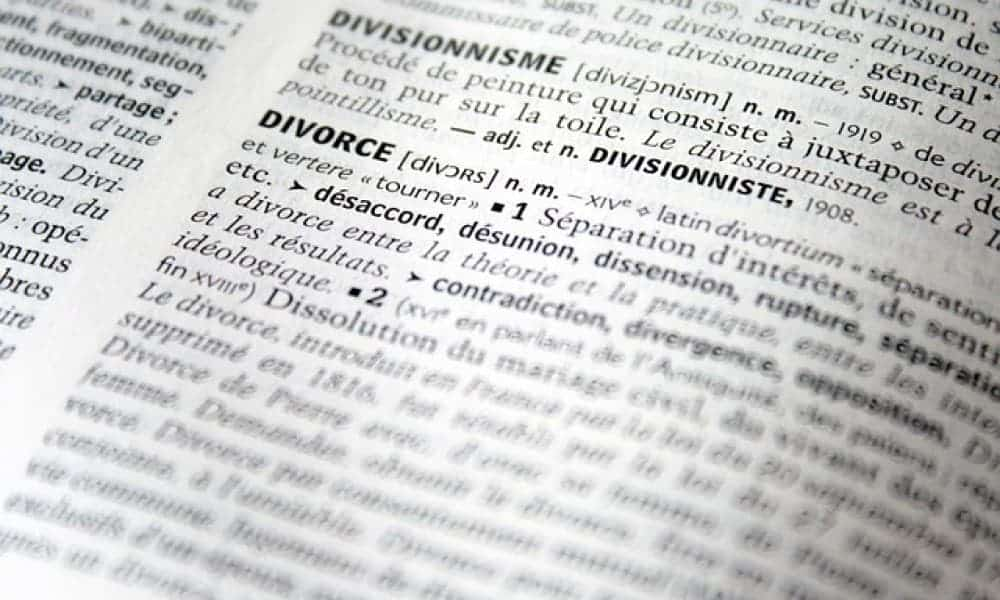Alimony During and After Dissolution of Marriage
When couples divorce, total income may be drastically affected. In some situations, one spouse may not work at all or simply does not have the earning potential that the other spouse has. When that source of income is removed, it can have a significant effect on each spouse’s lifestyle moving forward.
Alimony is a method by which the family law courts in Florida help deal with this potential change in income. The term is also referred to as ‘spousal support.’ The spouse with greater financial resources provides support to the other spouse either on a temporary or permanent basis. The idea behind the concept is that each spouse should be able to live in a manner to which they are accustomed, despite the financial changes the divorce has caused.
Types of Alimony in Florida
Florida law provides for several types of alimony. Some kinds will depend on how long the couple was married. The longer the marriage, the more likely that alimony will be awarded on a long-term basis
- Temporary alimony. This type of maintenance is temporary and only lasts during the pendency of the divorce from after the filing to a date when it is otherwise modified or until the final judgment. It may be replaced by another type of alimony, but not always.
- Bridge-the-gap alimony. There are situations where a spouse may need some type of maintenance just to get back on his or her financial footing after a divorce. This kind of alimony may be used to pay particular bills or other expenses associated with adjusting to a life without a spouse.
- Rehabilitative alimony. This kind of maintenance is designed to allow the spouse to obtain education or experience so that he or she can gain self-sufficiency that would be comparable to the lifestyle that he or she was living during the marriage. The spouse who requests this type of alimony will likely have to present a specific plan to the court regarding programs or education that he or she will use.
- Durational alimony. Some alimony is based on time alone. Durational alimony is used for moderate-term marriages. It cannot last longer than the length of the marriage.
- Permanent alimony. Long-term marriages may warrant a permanent alimony award. In these situations, one spouse simply does not have the ability to financially support the lifestyle that he or she had during the marriage. The alimony award is meant to maintain the lifestyle during the extended term marriage.
Factors the Court Considers in Awarding Alimony
In determining whether alimony should be awarded and how much, the court will consider a variety of factors, some of which are:
- The standard of living the spouses enjoyed during the marriage
- The length of the marriage
- The age and physical and emotional capabilities of each spouse
- The marital and non-marital assets of each spouse
- Whether education and retraining will be required to re-enter the workforce
- Contributions to the marriage, not limited to services rendered in homemaking,
child care, education, and career building of the other party and other factors
The amount of alimony can vary widely, and it will be dependent on the earning levels of each spouse.
Having an experienced marital and family law attorney who knows the ins and outs of Florida alimony calculations can help you obtain a favorable result when it comes to a maintenance award. McKinnon Legal has the experience you need. Call today for more information.
